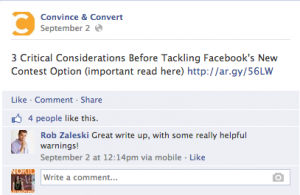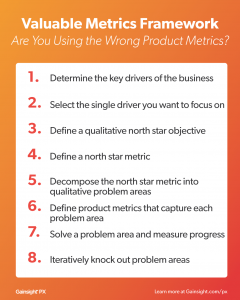Data Suggests 94% Of Searches Send People To Alphabet Properties
Marketers that helped Google build its empire shouldn’t be surprised to learn that 50.33% of searches on Google ended without a click during the second quarter in 2019 — the vast majority organic — and 94% of all searches occur on Google properties during the same time frame.
Rand Fishkin, CEO at SparkToro, analyzed Jumpshot clickstream data to validate the claim in a post.
Among searches conducted in the second quarter of 2019, 49.76% did not receive clicks. The Jumpshot data showed that 40.42% of the searches received organic clicks to the rest of the web, while 5.98% were clicks to Google-owned sites such as YouTube and Maps and a mere 3.83% were on paid clicks to the rest of the web.
And while it appears that increasingly searches may end without a click, Google continues to consistently send searchers to Alphabet-owned sites.
The data shows that Google search received 69.35% market share; Google Images, 20.45%; YouTube, 2.98%, Amazon, 1.99%; Yahoo, 1.41%; Bing, 1.18%; Facebook, 0.96%; Google Maps, 0.75%; DuckDuckGo, 0.40%; Twitter, 0.20%; and Pinterest, 0.20%.
Jumpshot also doesn’t measure searches in mobile apps, Fishkin points out. The numbers in his analysis are strictly PC and mobile browser based.
“That makes them a clear monopoly in search,” Fishkin wrote. “And a lot of folks think it’s somewhere between odd and suspicious how well Google’s features and properties have done over time.”
Especially when Google has an algorithm update or when the company’s indexing fails.
Udayan Bose, NetElixir founder, wonders if Google is trying to push more paid ads on mobile as well as keep the traffic within its properties. He said from the analysis it looks like the increase in zero-click searches is almost entirely on mobile.
It may be driven by voice searches, which Jumpshot doesn’t call out, and unintentional searches or accidental searches, as well as clicks that are killed by the searcher even before landing on the website.
It’s also possible, he said, that many of the search results may actually not need a click such as directions and flight options.
Bose also wonders whether Google is intentionally pushing down organic listings. “With an increase in the number of paid ad units, the organic listings definitely have got pushed down the page,” he said. “This can have, and is probably having, a greater impact on mobile [where] mobile searchers have less time and are more likely to click on the top few listings as long as the search results are relevant.
Should paid search advertisers have concerns? Shenna Schleicher, founder at Schleicher Marketing, commented on Fishkin’s post that “until this turns around, businesses need to focus on building their brand and reaching their key audiences in other ways –– especially ecommerce sites with AOVs under $50-100 (where there’s less hesitation to purchase on mobile).”
She wrote that SEO will remain important — but asks what good a robust, perfectly optimized position two ranking is for a high-volume relevant query that on mobile is below Shopping Ads, Search Ads, and Amazon ranking No. 1, among others.
(52)
Report Post



